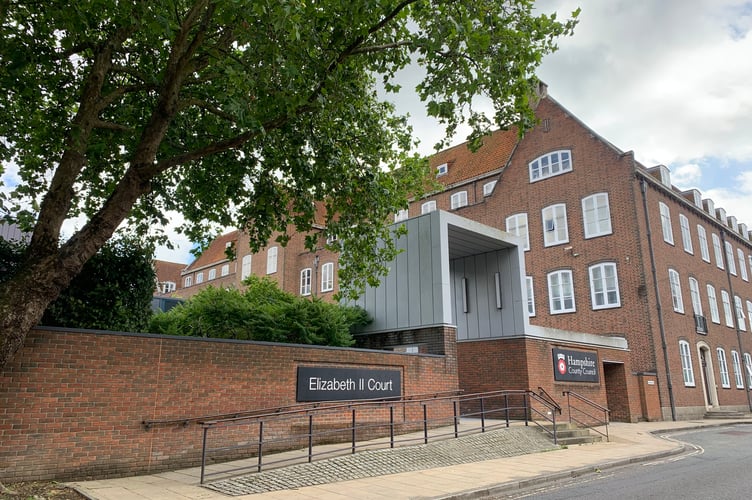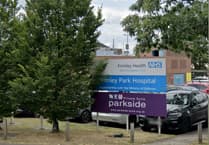There is a new warning that government plans to move to simpler local authorities could lead to a reconfiguration of the Hampshire council map, with districts and boroughs disappearing.
The autumn budget, delivered on October 30 by chancellor Rachel Reeves, sets out how councils will “move to simpler structures” that make sense for their local areas, with efficiency savings from council reorganisation helping to meet the needs of local people.”
Recently, The Times published that under the plans, dozens of councils could be abolished, meaning that the two-tier system local government could be replaced with larger unitary authorities, to save about £3 billion over five years.

The paper also reported that 10 areas would be in the first wave of reorganisation, including Kent, Essex, Hertfordshire, Surrey, Norfolk and Suffolk.
Cllr Nick Adams-King, the leader of Hampshire County Council, highlighted that despite conversations with neighbouring authorities being more positive than ever, Labour’s reorganisation plans could end in a disaster for Hampshire.
These regions would have their district councils replaced with larger unitary authorities with populations of at least 500,000 people.
In Hampshire, there are multiple unitary authorities, which deliver all council services for their area.
There are many more district councils, which operate in a two-tier system alongside the county council. Below this, there are also various town and parish councils across Hampshire.
About the English devolution white paper, which is set to be published in the coming weeks, Cllr Adams-King said he “simply” doesn’t get why that “would be a good idea”.
“Yes, you could get a quick saving by creating a unitary Hampshire, saying that all the districts and boroughs go, and you just got Hampshire, which would take the government further away from the people,” he said.
“People like being in a New Forest, Test Valley, Winchester or East Hampshire; you know they get where they live.”
He fears that if the government said that a devolution deal can only be reached with a complete change in the way local government is done in Hampshire, they would “go down the route” of getting tied up in arguments about “how that looks or what the boundaries are, whose where, how it works all that kind of thing”.
“Let me give an example of children’s services or adult social care. Both of those work really well in Hampshire. We are rated outstanding, we do a really good piece of work. Why would we want to change all of that and break it up into different units of authorities or try and consume all of the good work that each of the districts and boroughs do within the county council?
“That’s an enormous change to go alongside the devolution piece, and it will divert us for a significant time. I fear it will cost us a lot of money, and I just don’t see the point.
“Hampshire works well as the county council and 11 districts and boroughs; I don’t see the reason to change that.
“Devolution could add further things to us. We can work within that system, and it worries me that not doing so means we actually get diverted from delivering good stuff to people.
“There’s a brighter future for us if we can work better together.”
The Conservative government of Edward Heath introduced the two-tier local government in 1974 to replace a byzantine system of rural and town councils.
Recently, calls have been made for clarity regarding the devolution and reorganisation plans.
The white paper is set to be published in December.




.jpeg?width=209&height=140&crop=209:145,smart&quality=75)
Comments
This article has no comments yet. Be the first to leave a comment.